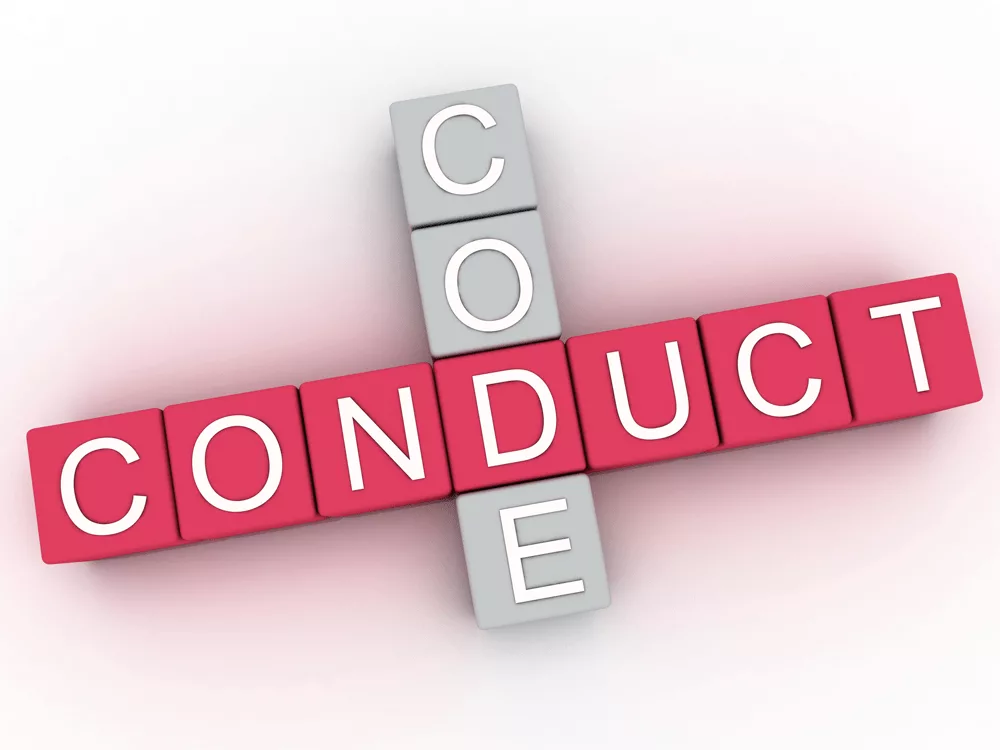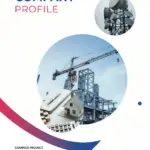Help & Customer Service
Find more solutions
Search Help
C-AFRICA.COM Code Of Conduct
Last updated: January 1, 2025
The code of conduct and the Act should be studied together. Unsatisfactory conduct or misconduct may be defined as breaking the law or failing to meet the standards set in the code of conduct.
Improper Payments
Commercial bribes or illegal money should never be requested, given, or received. To avoid the appearance of such inappropriate activity, we should likewise be watchful in influencing a business decision or action, an employee of C-AFRICA, or someone working on behalf of C-AFRICA who offers or gives something of value. Anti-corruption rules require us to prevent commercial bribes and illegal money and avoid making improper payments to public officials.
Conflicts Of Interest
We are responsible for protecting our company’s good name by avoiding improper conflicts of interest. When our interests conflict with or appear to conflict with our capacity to do our work objectively, this shows that we have a conflict of interest.
Fair Competition
Competition in a free market is essential for a thriving economy. Providing the most unique and innovative products and services at the lowest possible rates is a primary goal. As a result, we must adhere to local competition laws for C-AFRICA to compete appropriately and ethically. To perform your job effectively, you must be familiar with and compliant with all applicable competition rules and regulations.
Privacy
The firm, its suppliers, customers, or any other parties affiliated with the company’s business must ensure that all information given to an employee is kept private. Federal and state legislation safeguards a company’s customers’ and suppliers’ personal information against its competitors’ use or misuse. Examples of confidential information include the Company’s client lists, details and product plans, new marketing platforms, and computer software.
Government Official
Government officials are held to the highest standards of integrity and accountability, and they are not allowed to utilise their positions for personal gain unless required by law. When elected officials and government employees are involved in circumstances where conflicts of interest may arise, this code must be in place to protect the public interest and set standards for their conduct. All workers will handle their official and personal activities separately to avoid being unfairly influenced by anyone while performing their official duties. Recruiting the smartest and brightest residents to serve in government is also critical. As a result, measures to prevent conflicts of interest in the C-AFRICA must be crafted so as not to limit the government’s ability to recruit and retain the most qualified individuals.
Intellectual Property
It doesn’t matter if the intellectual property is ours or someone else’s. Our essential principles of honesty, care, and integrity would be shattered if we allowed that to happen. To ensure the proper use of all intellectual property, we hold each other accountable. To show our esteem for the other person’s creative work, we must: Acquire the required licenses and authorizations before using any intellectual property, adhere to the conditions of intellectual licenses, be cautious not to infringe on any other person or business’ rights to intellectual property in our advertising or marketing campaigns and use your intellectual property in a way that does not infringe on others’ intellectual property.
Third Parties
C-AFRICA is committed to operating our business by all applicable rules and regulations, and we take this responsibility very seriously. Our external business partners play an essential role in keeping these promises. As a C-AFRICA Third Party, our external business partners must adhere to the C-AFRICA Third Party Code of Ethical Business Conduct and Compliance. We do business with several companies that may or may not contract with individual Contingent Workers to provide services for C-AFRICA. The term “Third Parties” refers to corporate entities and persons who undertake services on their behalf throughout this text. They must ensure that their employees and subcontractors, including any Contingent Workers they send to us to execute services, are aware of and comply with our Code, Third Parties.
Trade Compliance
Because of its customizable nature, pre-clearance processes can be automated and informed by your company’s code and regulations. All employees or select persons might be added to a restricted list to notify the rules engine of trading restrictions. There is no longer any need to wait for others to act. The rules engine may be managed and updated directly from your administrator portal.
Insider Trading
Insider trading has several advantages, including reflecting non-public information in a stock’s price rather than only public information. According to critics of insider trading, markets would be more efficient if they were more transparent. The direction in which a stock’s price moves is communicated to other investors by insiders and others with access to company information who buy or sell its shares. The price movements of current and potential investors might be used to purchase or sell. Current and prospective investors could both benefit from lower prices.
Health & Safety
Statements such as this one should be read in connection with the company’s Health & Safety policies, which lay out its health and safety duties and how they are to be implemented and monitored. C-AFRICA’s responsibility is to ensure that our employees and the public have a healthy work environment. To maintain a safe and healthy workplace, we shall do everything in our power to ensure feasible working practices in all areas of our organisation. Health and safety are crucial aspects of C-AFRICA management systems. We believe good communication between the company’s employees and clients is a vital component of workplace health and safety. Directors are responsible for making general policy decisions to ensure that health, safety, and welfare standards are maintained following all applicable legislative regulations and codes of practice.
Controllership
Internal controls over financial reporting are vital not to limit the obligation of individuals in charge of financial reporting, as demonstrated by the accounting scandals of the early 21st century. When it comes to ensuring that financial statements are free of substantial misstatement, multiple persons are involved in designing and implementing internal control. To commit fraud, there are three pillars: opportunity, pressure, and reasoning should be considered while creating these safeguards. Documentation of management and process phases, including who oversees each step and how it is monitored, should be done in a narrative or flow chart format.
Fair Employment
An employee code of conduct (also known as a staff code of conduct) is a collection of guidelines for employees to follow while at work. When they’re on the clock, we want our team members to behave in a manner consistent with our expectations. Harassment or discrimination will not be accepted at any cost; dress codes are official for everyone, internet use, and similar working from home policies. It’s crucial to remember that your code of conduct is supposed to promote your company’s overall goal and values, even if it covers the basics. Because of this, your company’s code of conduct will be unique.
Human Rights
Ensuring that our business partners and ourselves are living up to this obligation is something that we at Coloplast take very seriously. As a result, we have signed the Global Compact and are working hard to adhere to it. As a result, we can build long-term relationships that benefit both the organisation and society. This document explains our role and the significance of the Global Compact to both our company and our business partners. Some significant points include workplace safety and health, reasonable conditions of employment, the use of compelled labour, compensation, and perks, hours and rest periods at work, union rights, and the ability to form a union.
Environment
Throughout the design, procurement, production, use, and end-of-life phases of its services, C-AFRICA strives to minimise environmental consequences. Environmental regulations are met or exceeded at our facility. Throughout the life cycle of our service provision in terms of real estate, we strive to minimise its negative impact on the environment and prevent pollution.
Violation And Complaint
A violation of the official Code of Ethics is usually a violation of the board members. In a nutshell, if you don’t adhere to the C-AFRICA Code of Ethics, you’re breaking the law. The following are examples of our services ethics violations:
- Making a property look more enticing by exaggerating its qualities.
- Not cooperating with all your customers and merchants.
- Making a profit at the expense of your customers by disclosing private information.
- Using deceptive marketing techniques.
- A lack of competence in the services of an agent.
Discrimination
- Inaccurate or omitted information that impacts the value or desirability of the property.
- If you are found guilty of an ethics infraction, board or association proceedings may be required.
- Typically, the board receives an ethics complaint from a client. A fellow engineer or the board/association may also be a source of information for you.
- Ethics infractions arise unintentionally or due to ignorance in many cases, and the official board hearing serves as an instructional opportunity. You may be subject to additional penalties depending on your offence.
Become A Non-Member Of A Board Or Association
- For a predetermined period, be expelled from the board or association.
- Fines of up to $15,000 are possible.
- Be told to stop or stop doing something you don’t want to.
- Attend mandatory seminars or courses if you’re required to do so.
- Condemnation or warning letters will be sent to you.
Was this information helpful?
Thank you for your feedback.



